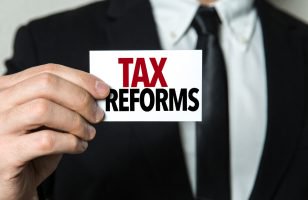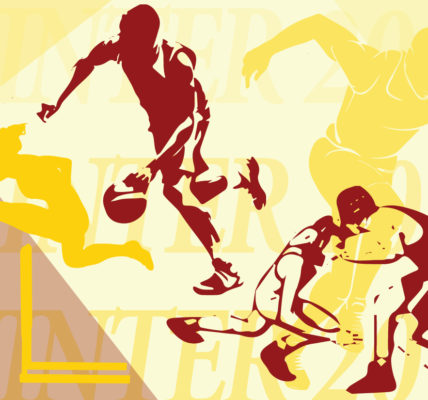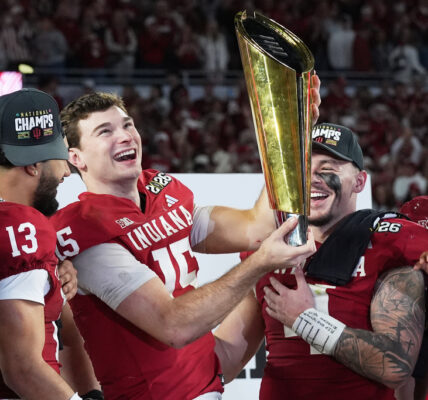Congress contorted itself and its members into mental pretzels during its third failed attempt at health care reform. Next on the agenda is the equally complex and challenging issue of tax reform; another example of why Washington isn’t working is on the way. American philosopher Wayne Dyer wrote, “If you change the way you look at things, the things you look at change.” It is time to change the way we look at Washington and the way Washington looks at the issues of the nation.
Media-driven and politically propelled machinations about the great divide between Democrats and Republicans may be nothing more than a distraction that ensures that the status quo remains for those with power, money and influence.
I remember reading my children the classic Berenstain Bears book “Inside Outside Upside Down.” The book contains only 23 words, but it provided hours of entertainment for my family. It may actually hold the key to changing the way we view and approach our political and social challenges.
If we are going to change the conversation in Congress, and the direction of the nation, we must change our view from left vs. right to a Berenstain Bears-esque “inside, outside, up and down.”
Hardworking Americans are far less concerned about the left versus right, conservative versus liberal or even the intraparty conservative/liberal versus moderate battles on tax reform. They just want to know that someone in Washington is actually looking out for their best interests. This is where the view of inside versus outside comes into play. President Trump won the 2016 election by tapping into the frustration the American people who live outside the D.C. Beltway bubble have with those who live inside it. Now it is time to pierce that bubble and reconnect the nation’s capital with its people on the policies that impact their lives and livelihoods.
This week — from the left and from the right — we will hear passionate calls for tax reform. Some will shout, “Raise taxes for everyone!” while others scream, “Lower taxes for everyone!” Does anyone outside of D.C. subscribe to either of those sentiments? And yet, the inside politicians have become so terrified of getting whacked by various outside groups that they have determined it is better to just stay inside the safe confines of partisan politics and the status quo. Liberals and conservatives inside Congress have erected so many guardrails around their ideologies that they often can’t reach the people who live outside in the real world.
As the tax reform bill starts to move through Congress this week, there will be another inside-outside battle waged that few Americans will see or hear about. An army of high-paid lobbyists will go inside House and Senate offices, armed with arguments and enticements for preserving the current tax breaks and loopholes their clients enjoy. Little will be said or done on behalf of the citizens who live outside Washington.
The other critical element to transforming the status quo is solving the up-and-down problem. The wealthy and well-connected are doing very nicely up at the top of the economic ladder. As a result, they can retain those inside lawyers and lobbyists to protect their interests. The working poor down at the bottom of the economy — and hardworking Americans everywhere — are struggling to find security, let alone upward mobility and opportunity. Every time these forgotten Americans feel they are starting to get ahead, they are hit with more taxes and fees along with increased prices on goods and services. No wonder there is such a sense of angst and frustration simmering across the nation. Sadly, our politicians only fuel the up-down angst and frustration with divisive rhetoric instead of unifying principles and people-centric policies.
If we are truly going to change the way we look at taxes — and every other issue in Congress — we must begin to change how our political leaders look at their roles in the exhausting and ignoble left-right divide. It is difficult for swamp-minded politicians to think differently than they have in the past. But they should remember that the American people are not political ideologues. Temperamentally, Americans are problem-solvers.
Transcending left-versus-right political battles to solve the inside-outside-up-and-down issues of our day will transform politicians into the kind of serious problem-solvers our nation needs.
Boyd C. Matheson is president of Sutherland Institute, a conservative think tank that advocates for a free market economy, civil society and community-driven solutions.





